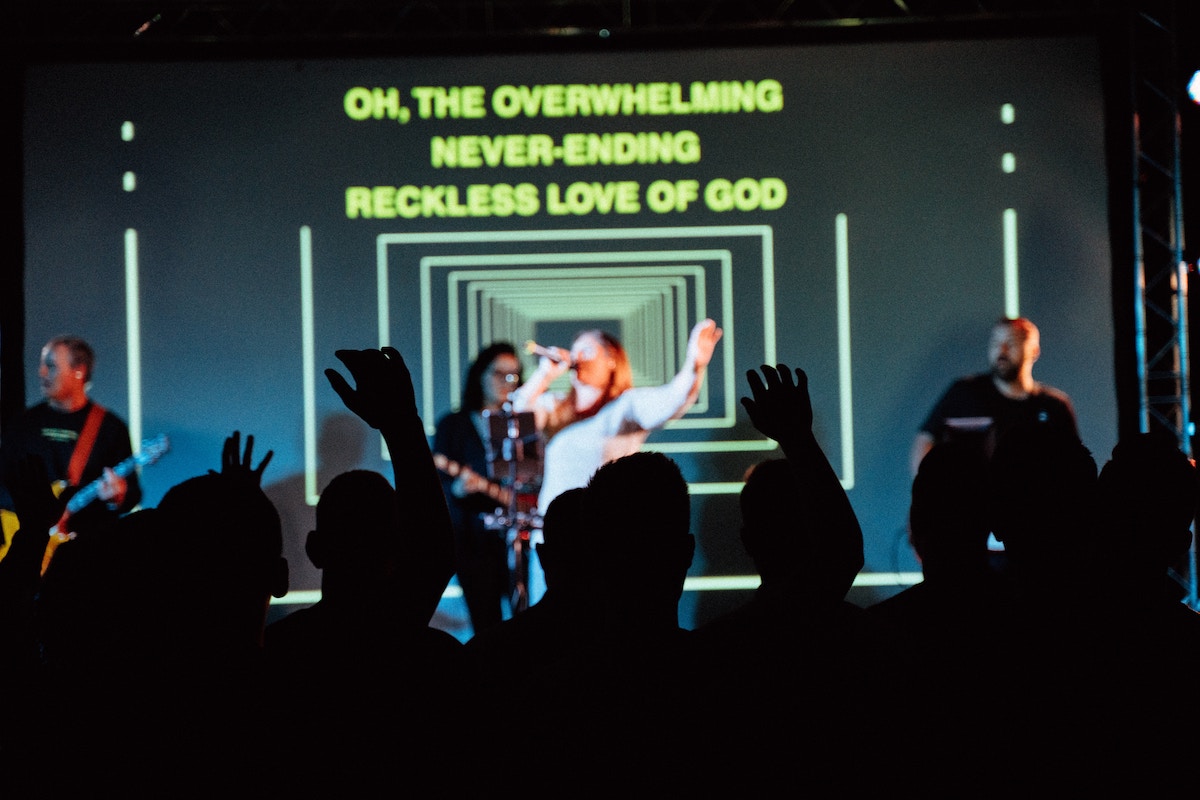Dear white churches,
I’ve been with you for decades. I never missed a service on Sunday. I came during the week and volunteered my time. I gave up on other dreams so that I could serve you better. I publicly identified myself with you. I wore your t-shirts. I learned and performed your music. I attended your conferences. I stood up at the end to make a commitment. I attended your universities. I came back and preached to your people. I’ve given lots of money and raised even more. I went to the ends of the world. I’ve not withheld anything.
But now, I don’t believe anymore.
I don’t believe in the goal
The primary goal of our churches is obvious to anyone: get bigger. Bigger numbers, bigger reach, bigger influence.
You want every person in one of our churches, every Sunday. You want our music played everywhere. You want Bible verses in every building. You want our churches all around the city, state, country, and the world.
You convinced us with numbers of the job to be done around us–numbers that are based on how someone fills out a survey. Any number under 99% wasn’t good enough. You diligently study reports that show the percentage of Christians in every country on the earth, so we could plan how to increase our domain. Then we bicker about what ‘Christian’ means and if we should count the Catholics or not.
Goodhart’s law says, “When a measure becomes a target, it ceases to be a good measure.” I can’t think of a better example than how our churches have tried to evangelize the world.
For all that we’ve done to distance ourselves from the Crusades, it’s the same thing all over. We assume that our version of the truth is the only one, and we feel it’s our divine duty to gain ground in every heathen space, from public schools to corporate America to south Asia. We must extend Christendom by whatever means possible.
But Christ was already in most of those places. Our white Christian seal of approval may not have been there, and the statistics might not show it, but by our greed to get bigger, we pave over where Christ was already active.
Jesus said, “I have other sheep that don’t come from this sheepfold. I must bring them too.” We think we are the main sheepfold and imagine discovering a few other secret groups of Christians who already know our songs. The truth is that our white church is one of those small secret ones. We were never the center, but can’t imagine it any other way.
We need to check our hubris and unquenching ambition and accept our place as a single expression of following Christ.
I don’t believe in the product
The basic product that our churches sell is a ticket to heaven. We are the only authorized distributors of these tickets; if you get them somewhere else they aren’t valid. If you don’t have an approved ticket, you will go to hell. The reason we have these tickets is because God’s hands were tied in a tricky cosmic legal situation, and the only way out of it was to send his son to be killed.
If you get your ticket early enough, you can wait around and talk about how great it is that you have a ticket, and how stupid other people are for not grabbing one.
This is not the central teaching of Jesus. He never tells people to follow him so they can go to heaven. He never tells us to go to church. He commands us to go to the poor, the outcast, and the downtrodden. His stated mission is not to find a way to die, but to seek and save those who know they are lost and without hope.
We shouldn’t discount Christ’s teachings about heaven, but we have messed up if the main reason we should follow him is to not go to hell.
I don’t believe in the marketing
The first rule of marketing is to define who your audience is and who it is not. Most of our churches have made it clear that our churches are for people who look like us or wished they looked like us. Our marketing says we are safe and for everyone–that is, as long as you agree with us and don’t ask us to be uncomfortable.
Our outbound marketing methods are pretty horrible. At best, we put up signs and door hangings to get people to come to our churches, hoping to scoop up those people dissatisfied with their current church. At worst, we publicly state how horrible we think other people are. When interacting with strangers, we lead with the line, “Do you accept that you are a sinner?”
Jesus defined his audience pretty well based on those he spent most of his time with–Gentiles, women, the sick, Samaritans, the poor. He went out to those people who knew they were far from God and told them they were welcome. And he was also clear that his message was not for everyone. Anyone with the attitude of a Pharisee wasn’t going to like it.
I’m not demanding you change, but I have. I continue to follow Christ, but am more aware than ever how hard that is in this context. Jesus was being very generous when he said it is easier for a camel to go through the eye of a needle than for a rich person to get into heaven.
I need to go a different way, listen to others who aren’t like me, be honest with the things I don’t understand, and admit when I’m wrong.
I hope the best for you, and I hope we can both change where we need to.
Peace to you.



